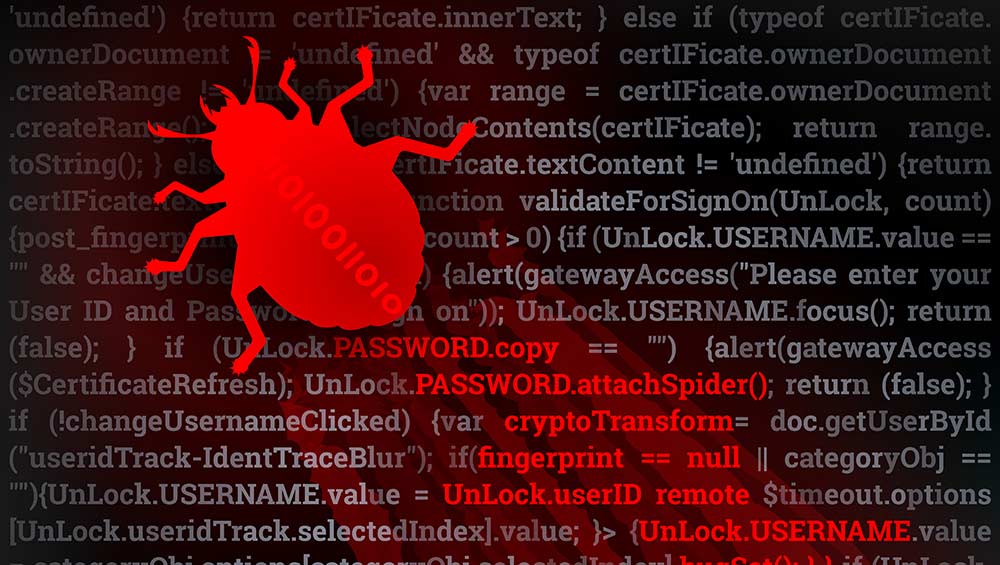CronRat Magecart malware uses 31st February date to remain undetected
The malware allows for server-side payment skimming that bypasses browser security


Security researchers have discovered a Linux-based remote access trojan (RAT) that uses an unusual stealth technique to remain out of sight from security products.
The malware, dubbed CronRat, hides in the calendar subsystem of Linux servers (“cron”) on a non-existent day, 31 February, according to a blog post by security researchers at Sansec.
The researchers said that CronRat “enables server-side Magecart data theft which bypasses browser-based security solutions”. The malware was discovered on several eCommerce websites injecting Magecart payment skimmers in server-side code.
Sansec director of threat research Willem de Groot said that digital skimming is moving from the browser to the server, and this is yet another example.
“Most online stores have only implemented browser-based defenses, and criminals capitalize on the unprotected back-end. Security professionals should really consider the full attack surface,” he added.
The malware uses Linux’s cron job scheduling utility to hide from discovery. It adds several tasks to crontab with a curious date specification: 52 23 31 2 3. These lines are syntactically valid but would generate a run time error when executed.
“However, this will never happen as they are scheduled to run on February 31st. Instead, the actual malware code is hidden in the task names and is constructed using several layers of compression and base64 decoding,” said researchers.
Get the ITPro daily newsletter
Sign up today and you will receive a free copy of our Future Focus 2025 report - the leading guidance on AI, cybersecurity and other IT challenges as per 700+ senior executives
RELATED RESOURCE

According to researchers, the malware is a sophisticated Bash program that features self-destruction, timing modulation, and a custom binary protocol to communicate with a foreign control server. Upon launch, it contacts the control server using an exotic feature of the Linux kernel that enables TCP communication via a file using a fake banner for the Dropbear SSH service. This also helps to keep the malware hidden.
It also contacts a server hosted on Alibaba in China, and uses a custom binary protocol with random checksums, to avoid detection by firewalls and packet inspectors.
Once contact with a C2 server is established, it drops its disguise and sends and receives numerous commands, and downloads a malicious dynamic library. Afterwards, the malware is ready to run any command on a compromised system.
While investigating this RAT, the researchers wrote another specially crafted RAT client to intercept commands. This led to the discovery of yet another RAT that researchers hope to study in-depth later.
Rene Millman is a freelance writer and broadcaster who covers cybersecurity, AI, IoT, and the cloud. He also works as a contributing analyst at GigaOm and has previously worked as an analyst for Gartner covering the infrastructure market. He has made numerous television appearances to give his views and expertise on technology trends and companies that affect and shape our lives. You can follow Rene Millman on Twitter.
-
 Bigger salaries, more burnout: Is the CISO role in crisis?
Bigger salaries, more burnout: Is the CISO role in crisis?In-depth CISOs are more stressed than ever before – but why is this and what can be done?
By Kate O'Flaherty Published
-
 Cheap cyber crime kits can be bought on the dark web for less than $25
Cheap cyber crime kits can be bought on the dark web for less than $25News Research from NordVPN shows phishing kits are now widely available on the dark web and via messaging apps like Telegram, and are often selling for less than $25.
By Emma Woollacott Published
-
 Supply chain as kill chain
Supply chain as kill chainWhitepaper Security in the era Zero Trust
By ITPro Published
-
 JD Sports details cyber security revamp following January attack
JD Sports details cyber security revamp following January attackNews It hopes a multi-vendor approach will substantially improve its cyber resilience
By Connor Jones Published
-
 Shopify bets on 'Audiences' tool to combat Apple's tracking restrictions for retailers
Shopify bets on 'Audiences' tool to combat Apple's tracking restrictions for retailersNews The ecommerce giant hopes its millions of customers will benefit from the Apple-compliant customer-targeting capabilities
By Ross Kelly Published
-
 Cyber security in the retail sector
Cyber security in the retail sectorWhitepapers Retailers need to ensure their business operations and internal data aren't breached
By ITPro Published
-
 Mekotio trojan continues to spread despite its operators’ arrests
Mekotio trojan continues to spread despite its operators’ arrestsNews Hackers have used it in 100 more attacks since arrests
By Rene Millman Published
-
 “Trojan Source” hides flaws in source code from humans
“Trojan Source” hides flaws in source code from humansNews Organizations urged to take action to combat the new threat that could result in SolarWinds-style attacks
By Rene Millman Published
-
 What is Emotet?
What is Emotet?In-depth A deep dive into one of the most infamous and prolific strains of malware
By Praharsha Anand Last updated
-
 FBI raids Chinese POS business following cyber attack claims
FBI raids Chinese POS business following cyber attack claimsNews The business has been accused of selling terminals that acted as malware droppers and C2 servers
By Rene Millman Published